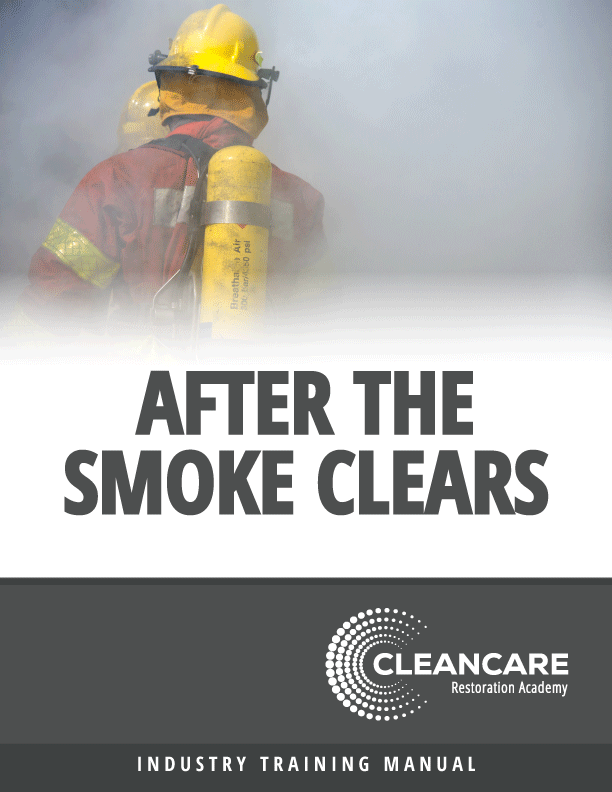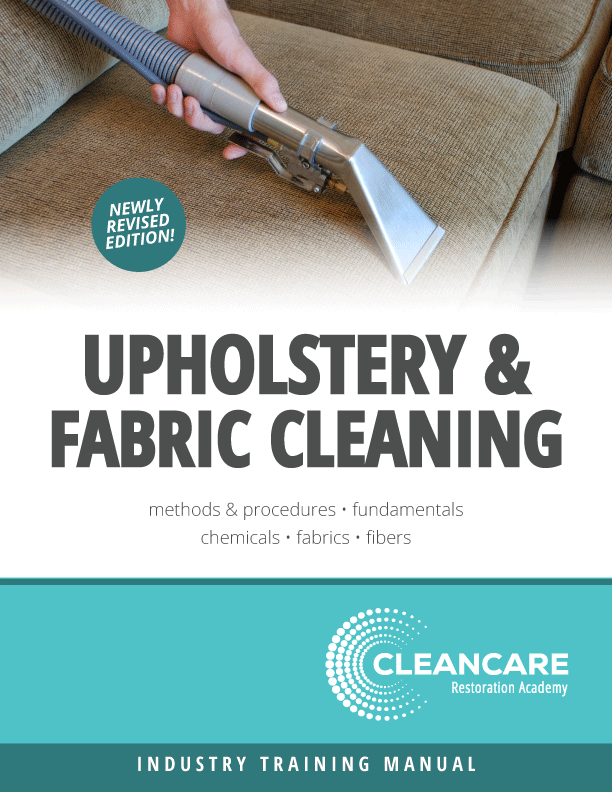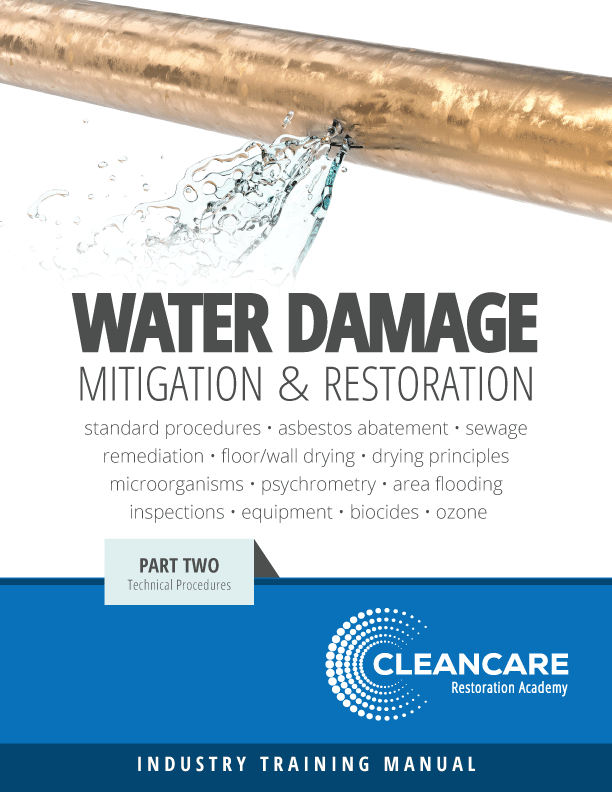AIHA Displays Mock Meth Lab to Highlight Health and Safety Risks
Philadelphia, PA (June 4, 2007) - To highlight the growing health and safety risks from clandestine methamphetamine labs, the American Industrial Hygiene Association (AIHA) created and displayed a mock meth lab at the American Industrial Hygiene Conference & Exposition (AIHce), June 4–6 at the Pennsylvania Convention Center in Philadelphia.
The lab displayed the household implements and chemicals commonly used to manufacture meth, and industrial hygienists – the individuals who test meth lab sites for contamination and recommend cleanup procedures – were on hand to explain the dangers.
“Industrial hygienists are the guardians of health and safety in the workplace and the community,” explained AIHA President Frank M. Renshaw, PhD, CIH, CSP. “This mock meth lab educated industrial hygienists who attended this meeting about how to safeguard the public, law enforcement personnel, and emergency responders by properly assessing health and safety risks from these labs.”
Police, firefighters, and other first responders who are on the front lines of the drug war were also invited to visit the mock meth lab to learn how to protect themselves when investigating suspected lab sites. The Philadelphia Police Department’s Major Incident Response Team (MIRT) was on hand to display equipment and tactics used for entering and securing suspected meth labs. The Philadelphia-based Drug Enforcement Agency (DEA) meth lab response truck that dismantles drug labs in the state was also on display.
Philadelphia area residents are at risk from this growing drug epidemic. According to the Drug Enforcement Agency, Philadelphia’s street corner distribution networks remain a primary source of meth sold throughout Pennsylvania, and the drug remains readily available to users of various ages and socioeconomic backgrounds. The DEA considers meth abuse and trafficking in Pennsylvania a “significant problem” as evidenced by an increase in meth investigations and a substantial increase in seizures from 2004 to 2007.
“It is clear to us that the meth lab epidemic continues to pose a public health issue,” Renshaw added. “Response methods are improving, and we are understanding more about meth lab health and safety issues every day, but we are battling an insidious enemy that is hiding in our midst, using everyday materials to manufacture this highly addictive drug.”
Nearly 12 million Americans have tried meth at least once during their lifetime, according to the National Survey on Drug Use and Health Report Methamphetamine Use, Abuse, and Dependence: 2002, 2003, and 2004, published by the Substance Abuse and Mental Health Services Administration.
Meth can be made almost anywhere, and commercial buildings, houses, apartments, hotel rooms, trailers, barns, vans, and storage units are just some of the structures used for labs. Although many are located in rural areas for privacy, meth labs can be found in urban and suburban areas.
The danger of fire and explosions is always present in meth lab operations and even after they are dismantled, meth labs leave a toxic trail of chemical dust and vapors that can seep into adjacent spaces, including neighboring homes, apartments, and hotel rooms. Walls, floors, toys, furniture, ventilation systems, plumbing fixtures, septic systems, and surrounding soil can be contaminated and may require professional decontamination.
Among those at risk of exposure are real estate agents, landlords, property managers, prospective renters and homebuyers, garbage collectors, utility workers, plumbers, social service agents, and first responders. Children living in the vicinity of a meth lab can be put at risk. In fact, thousands of clandestine seizures each year involve children. Visitors or neighbors can be hurt by the poisonous fumes that vent from meth labs or from the toxic “cooking” debris that is sometimes buried outside or flushed into a septic system.
Respiratory problems, eye irritation, headaches, dizziness, and nausea are some of the symptoms people may experience if they are exposed to contamination from a former meth lab site.
AIHA recommends that anyone with concerns about potential meth lab exposure ask local law enforcement to run a criminal check on the property and request documentation that the property was decontaminated professionally. AIHA offers a Consultants Listing of industrial hygienists that includes specialists in meth lab cleanup at www.aiha.org.
The lab displayed the household implements and chemicals commonly used to manufacture meth, and industrial hygienists – the individuals who test meth lab sites for contamination and recommend cleanup procedures – were on hand to explain the dangers.
“Industrial hygienists are the guardians of health and safety in the workplace and the community,” explained AIHA President Frank M. Renshaw, PhD, CIH, CSP. “This mock meth lab educated industrial hygienists who attended this meeting about how to safeguard the public, law enforcement personnel, and emergency responders by properly assessing health and safety risks from these labs.”
Police, firefighters, and other first responders who are on the front lines of the drug war were also invited to visit the mock meth lab to learn how to protect themselves when investigating suspected lab sites. The Philadelphia Police Department’s Major Incident Response Team (MIRT) was on hand to display equipment and tactics used for entering and securing suspected meth labs. The Philadelphia-based Drug Enforcement Agency (DEA) meth lab response truck that dismantles drug labs in the state was also on display.
Philadelphia area residents are at risk from this growing drug epidemic. According to the Drug Enforcement Agency, Philadelphia’s street corner distribution networks remain a primary source of meth sold throughout Pennsylvania, and the drug remains readily available to users of various ages and socioeconomic backgrounds. The DEA considers meth abuse and trafficking in Pennsylvania a “significant problem” as evidenced by an increase in meth investigations and a substantial increase in seizures from 2004 to 2007.
“It is clear to us that the meth lab epidemic continues to pose a public health issue,” Renshaw added. “Response methods are improving, and we are understanding more about meth lab health and safety issues every day, but we are battling an insidious enemy that is hiding in our midst, using everyday materials to manufacture this highly addictive drug.”
Nearly 12 million Americans have tried meth at least once during their lifetime, according to the National Survey on Drug Use and Health Report Methamphetamine Use, Abuse, and Dependence: 2002, 2003, and 2004, published by the Substance Abuse and Mental Health Services Administration.
Meth can be made almost anywhere, and commercial buildings, houses, apartments, hotel rooms, trailers, barns, vans, and storage units are just some of the structures used for labs. Although many are located in rural areas for privacy, meth labs can be found in urban and suburban areas.
The danger of fire and explosions is always present in meth lab operations and even after they are dismantled, meth labs leave a toxic trail of chemical dust and vapors that can seep into adjacent spaces, including neighboring homes, apartments, and hotel rooms. Walls, floors, toys, furniture, ventilation systems, plumbing fixtures, septic systems, and surrounding soil can be contaminated and may require professional decontamination.
Among those at risk of exposure are real estate agents, landlords, property managers, prospective renters and homebuyers, garbage collectors, utility workers, plumbers, social service agents, and first responders. Children living in the vicinity of a meth lab can be put at risk. In fact, thousands of clandestine seizures each year involve children. Visitors or neighbors can be hurt by the poisonous fumes that vent from meth labs or from the toxic “cooking” debris that is sometimes buried outside or flushed into a septic system.
Respiratory problems, eye irritation, headaches, dizziness, and nausea are some of the symptoms people may experience if they are exposed to contamination from a former meth lab site.
AIHA recommends that anyone with concerns about potential meth lab exposure ask local law enforcement to run a criminal check on the property and request documentation that the property was decontaminated professionally. AIHA offers a Consultants Listing of industrial hygienists that includes specialists in meth lab cleanup at www.aiha.org.
Looking for a reprint of this article?
From high-res PDFs to custom plaques, order your copy today!






